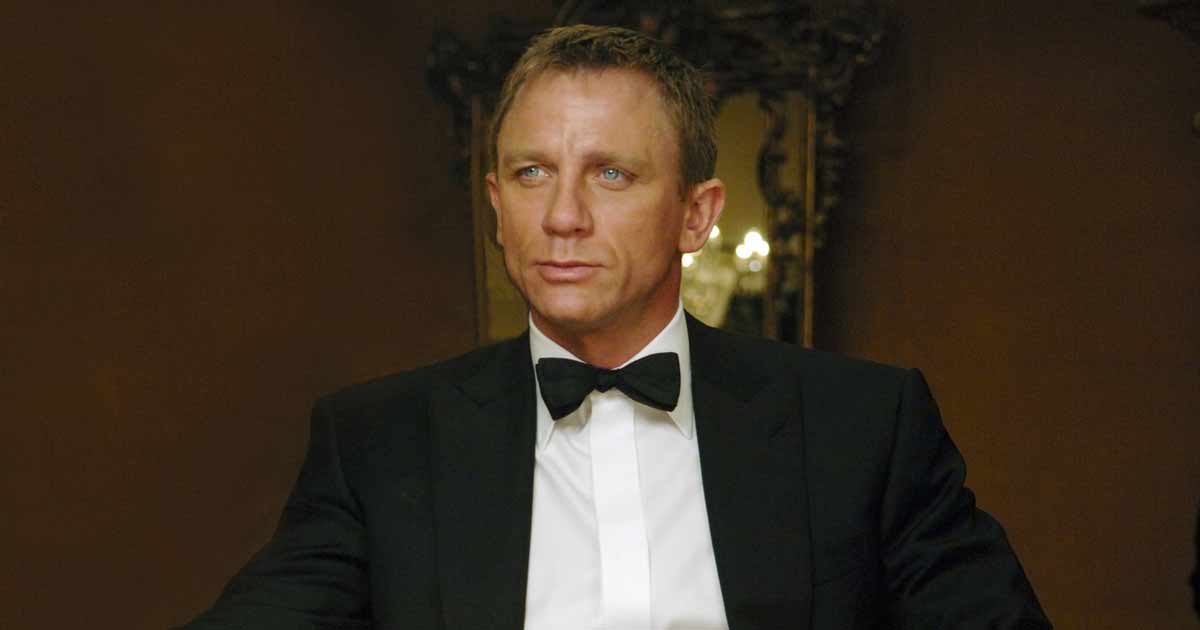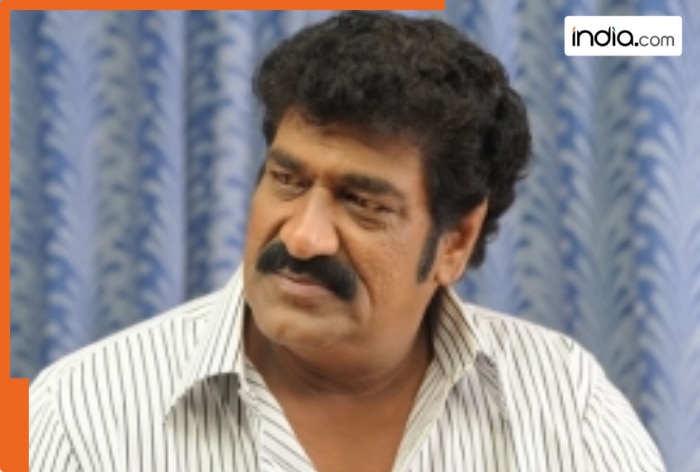MILAN — Moschino is entering a new era.
The Milan-based brand has named Adrian Appiolaza its new creative director, overseeing the women’s, men’s and accessories collections and reporting to Massimo Ferretti, executive chairman of parent company Aeffe SpA.
Appiolaza brings to Moschino a decade of experience as women’s ready-to-wear design director at Loewe, working with creative director JW Anderson. He previously held the same role at Chloé with Clare Waight Keller.
His first collection for Moschino will bow for the women’s fall season, to be unveiled on Feb. 22 at 6 p.m. CET at Museo della Permanente during Milan Fashion Week.
This location holds a significant place in the brand’s history as the “Società per le Belle Arti ed Esposizione Permanente” hosted the exhibition “Moschino – X anni di Kaos! 1983-1993” in 1993, celebrating the first decade of the brand founded by Franco Moschino.
“After the recent events at Moschino, the arrival of Adrian felt like a ray of sunshine in a gloomy sky,” Ferretti told WWD, referring to the premature death of previous creative director Davide Renne last November.
“His experience, energy and creativity are unique and boundless,” Ferretti said of Appiolaza. “He is not just a designer, but also a passionate collector, which is something making him very respectful of the heritage of brands. I really believe he will be able to translate Franco Moschino’s DNA into a very contemporary, captivating language giving a new, fresh face to Moschino.”
Ferretti said he was “immediately struck by the explosive creativity of Adrian, a personality full of energy and enthusiasm, elements that have always distinguished the history of the Moschino brand.” He continued by underscoring the designer’s “creativity and knowledge of the history of fashion, which will be instrumental to write a wonderful new chapter in the adventure of the brand.”
Appiolaza said he was approaching this new role “with the necessary respect, both toward Franco Moschino’s monumental figure and toward the more recent history of the maison.”
His goal, he continued, is to place the focus on the clothes. “It’s a journey that will draw heavily from its extensive archive, a veritable gold mine, but filtered through my own imagination.”
Appiolaza has been collecting garments from influential designers and Moschino was one of them.
“Having access today to these memories; walking through these corridors overflowing with history just waiting to be heard; touching clothes that I had only seen in magazines has been invaluable and will serve as a compass in the journey I have just begun,” he said. “I have always admired Franco Moschino’s sharp wit and irony: his creations were not just clothes, but a commentary on the status quo of his times, crafted from fabric. Achieving such a goal, going beyond the surface, and doing it with such theatrical lightness, is an extraordinary feat that sparked the imagination of a boy born in 1972 and raised in Buenos Aires who had never traveled before the age of 21.”
The designer shed some light on his life, spending his adolescence in the tailor shop of his grandmother, a key figure who shaped his future career. “However, what guided me on a journey of discovery, taking me away from those familiar confines and into the center of my life, was the passion for English music. During the years when the music scene in Manchester was thriving, it pushed me to imagine another universe, seemingly distant, where I could express myself like never before.”
Moving to London, he enrolled at Central Saint Martins, meanwhile working as a junior designer for Alexander McQueen and Miguel Adrover, “to whom I owe a lot,” he said. But he singled out Phoebe Philo for changing the course of his career. “She saw the collection with which I graduated and invited me to join her at Chloé in 2002.”
In 2006 he moved to Miu Miu and four years later he joined Marc Jacobs at Louis Vuitton as a senior designer. He returned to Chloé in 2012 as design director with Keller, leaving in 2014 for Loewe.
“I thank Massimo Ferretti for giving me the opportunity to test myself with this new challenge and for wanting to share this new stage in the maison’s journey with me. My task will be to reopen that window into the world that Franco Moschino opened for all of us, and there could be no greater honor,” Appiolaza said.
He cited the late Moschino’s jackets with 3D postcards, the dress with a skirt made with 20 bras, and the countless trompe-l’oeils as examples of the founder’s imagination. “As a creative and a collector, the list of creations by Franco Moschino that have entered the history of fashion is almost endless. The essence of his talent, for me, is to inhabit his time — a mission he carried out with enviable lightness, opening a window for all of us to imagine, in our own way, the future.”
Moschino bags at New York City’s SoHo store.
Thomas Iannaccone
Moschino is key to the growth of Aeffe, which also comprises the Alberta Ferretti, Philosophy di Lorenzo Serafini and Pollini brands.
While the group does not break down sales by brand, sources say Moschino represents 70 percent of the total.
As reported, a slowdown in the European and American markets and at wholesale impacted the performance of Aeffe in the 12 months ended Dec. 31, despite a gain in Asia and in the group’s retail channel. Last year revenues decreased 9.5 percent to 319 million euros, compared with 352 million euros in 2022.
Ferretti said the decrease was expected and expressed satisfaction with the performance of the retail channel, linked to the reorganization of distribution in China, where Aeffe took direct control of the Moschino stores in 2022.
“As a group we have great potential for growth in the retail world, just as we hope for a progressive restart of the wholesale channel, especially in Europe and the United States where we are strengthening our relationships with the highest profile commercial partners,” Ferretti said last week in commenting on preliminary 2023 sales.
Moschino was founded in 1983 and Aeffe has held the license for the production and distribution of the brand’s women’s and men’s collections since then.

Franco Moschino
Stefano Pandini/Courtesy of Moschino
Following the founder’s death in 1994, Aeffe acquired a 70 percent stake in the company, further developing the brand globally.
Rossella Jardini succeeded her mentor Franco Moschino, designing the collections for two decades until the arrival of Jeremy Scott in 2013.
Scott was successful in grasping the tongue-in-cheek humor and ironic spirit of the founder, bringing the brand to the attention of a number of international artists and celebrities, from Katy Perry to Gwen Stefani. He leveraged the label’s bounty of references and iconography, and infused it with his own quirky sense of style. He over the years paraded coats and dresses embellished with gold chains and lettering, and bags shaped like mini-Moschino jackets, or pumps with heavily sculpted heels or forks as details on the vamps.
Scott exited the brand last March, succeeded by Renne. Hailing from Gucci, Renne started working at the Milan-based brand on Nov. 1, and his first collection was to debut for fall 2024 in February during Milan Fashion Week. He died in early November at age 46.
Aeffe took full control of Moschino in 2021, paying 66.6 million euros for the 30 percent stake in the brand it didn’t own. It also acquired the license to produce and distribute the Love Moschino collections of women’s apparel in-house for 3.6 million euros.







